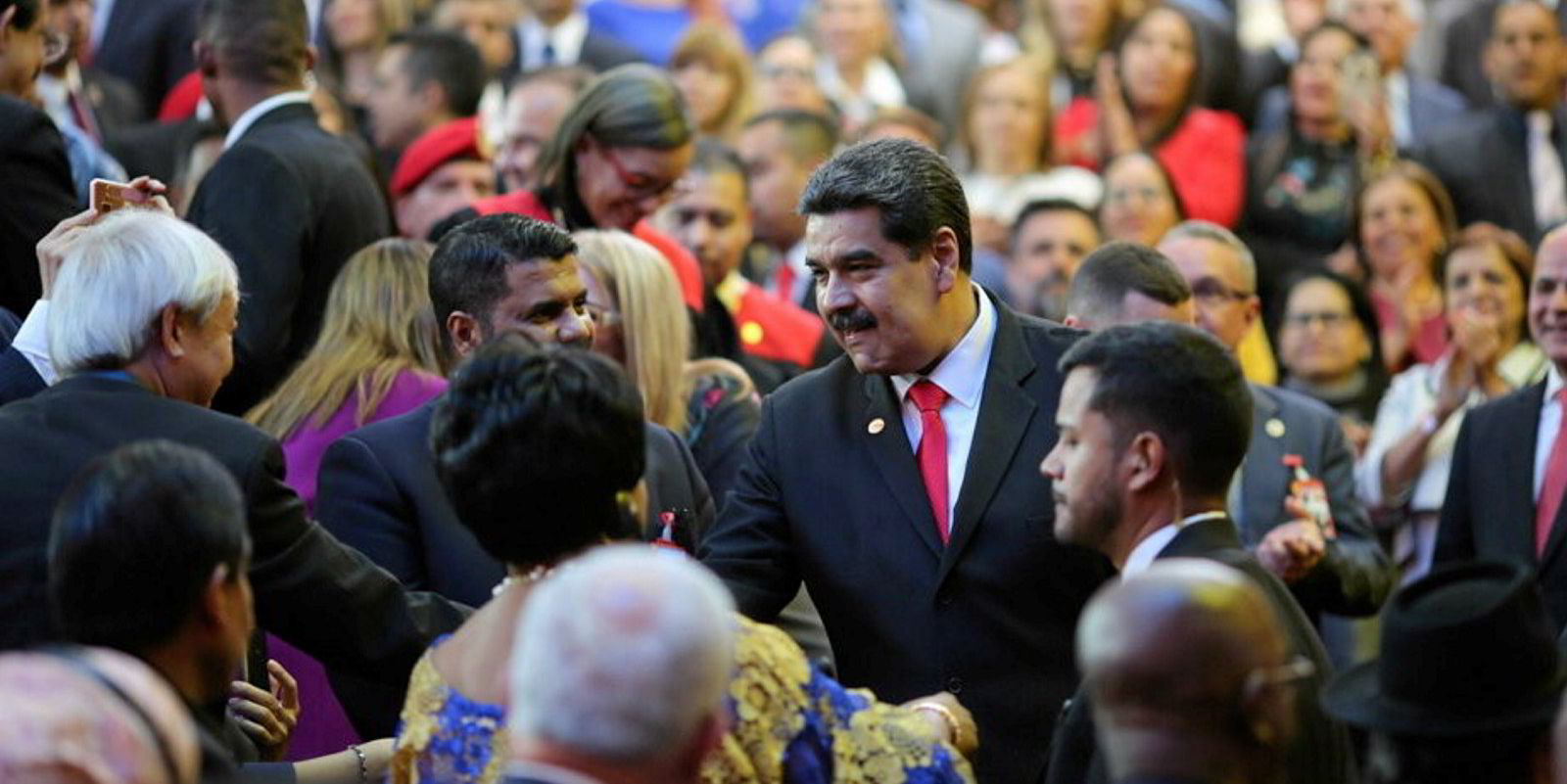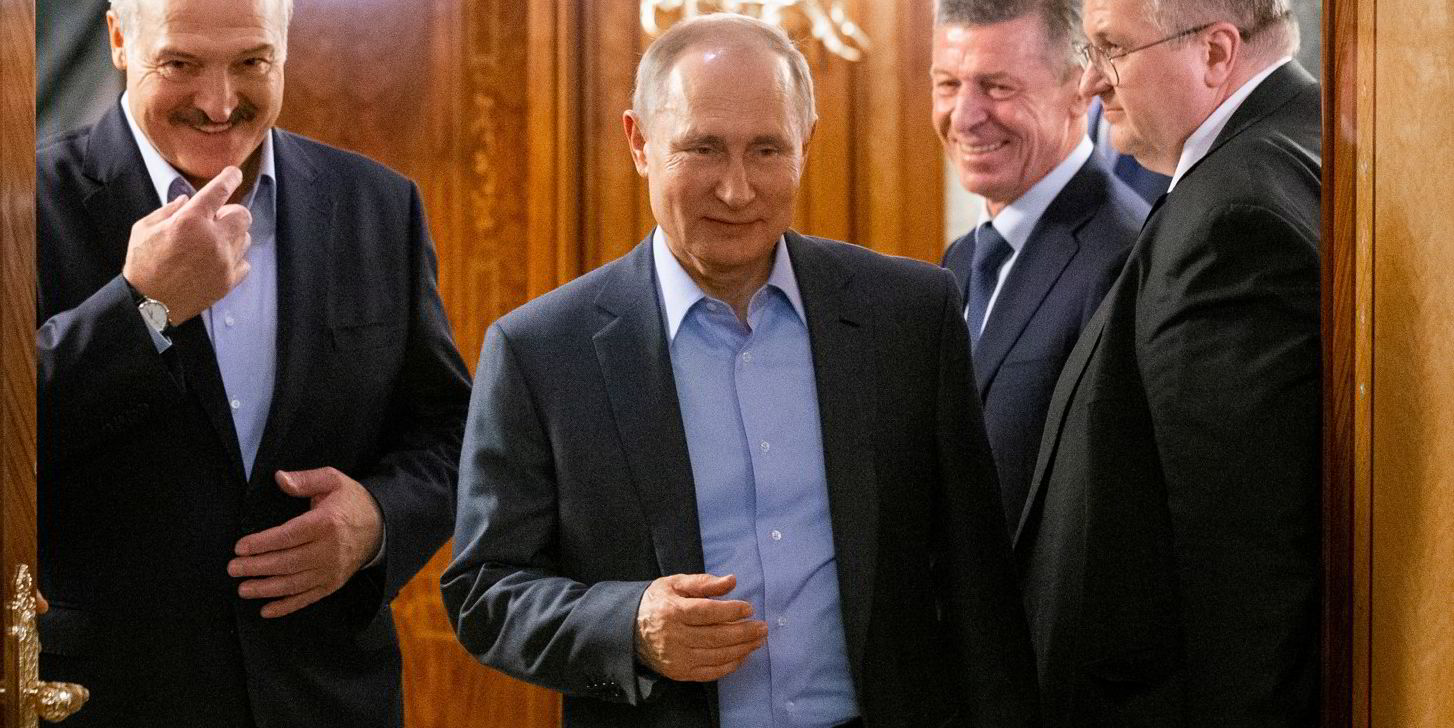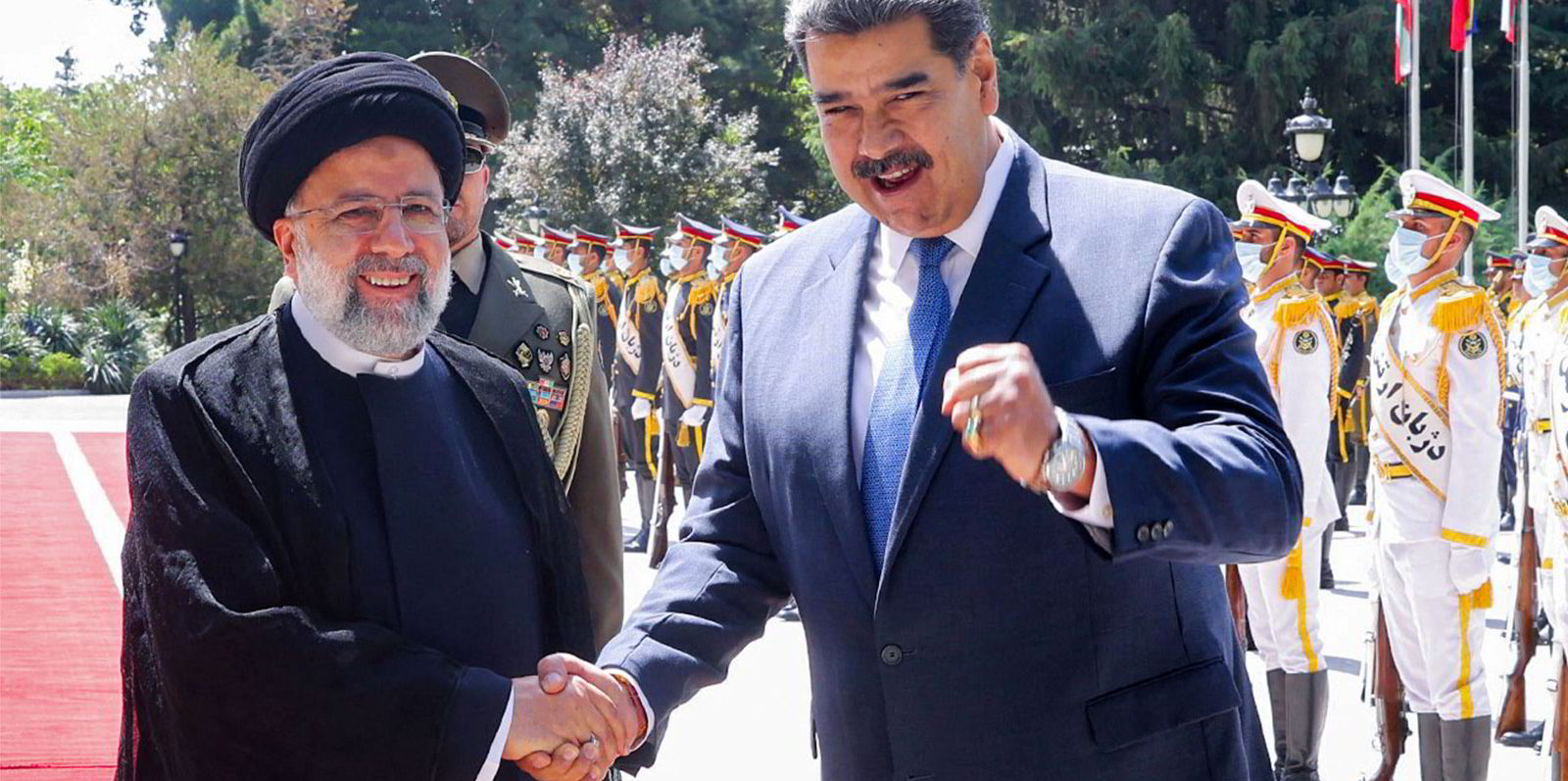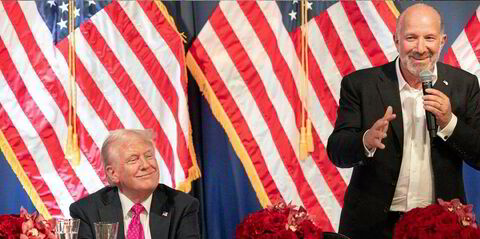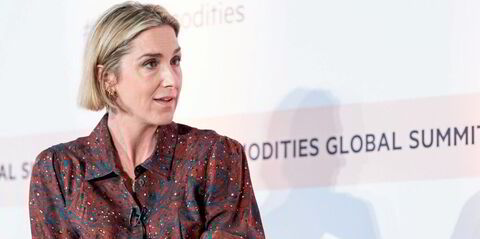The US government has eased sanctions on Venezuela in a limited move that allows Chevron to export crude and oil products from the South American country.
The decision comes after the government of Nicolas Maduro resumed talks in Mexico City with the opposition Unity Platform.
“This action reflects long-standing US policy to provide targeted sanctions relief based on concrete steps that alleviate the suffering of the Venezuelan people and support the restoration of democracy,” the US Department of the Treasury said.
A general licence allows Chevron to resume “limited resource extraction” in the country through its joint ventures with Caracas-controlled oil company Petroleos de Venezuela, or PDVSA.
The ventures will be able to export oil to the US market, but the US Treasury will not permit PDVSA to earn a profit from any of the oil sales, and the licence only covers volumes sold by the joint ventures to Chevron.
“Overall, this should have a positive effect on the tanker market balance in the near-term, though only slightly,” Fearnley Securities analysts Oystein Vaagen and Ulrik Mannhart said.
They argue that Venezuelan oil production is at 700,000 barrels per day (bpd) and already close to the International Energy Agency’s estimated sustainable capacity of 800,000 bpd.
“Longer-term however, this could have larger implications should investments follow given Venezuela’s large oil reserves,” the analysts said.
A separate general licence allows oil services companies Halliburton, Schlumberger, Baker Hughes Holdings and Weatherford International to carry out limited maintenance operations in Venezuela, but that agreement explicitly prevents shipping, drilling or lifting cargoes of Venezuelan crude and products.
The resumption of talks between Venezuela’s government and the Unity Platform — an alliance of civil society and political groups — is aimed at holding elections in 2024, six years after Maduro claimed victory in a previous presidential contest widely viewed as rigged.
National Assembly leader Juan Guaido invoked Venezuela’s constitution in January 2019 to declare himself interim president, but international support for his claim to Caracas’ Miraflores Palace has waned as the fallout from Russia’s invasion of Ukraine continues to shake up oil markets.
The administration of US President Joe Biden has also come under pressure to tackle soaring gasoline prices in the wake of the conflict.
“The announcements by the Unity Platform and the Maduro regime are important steps in the right direction to restore democracy in the country,” the US Treasury said.
“The United States welcomes and supports the reopening of negotiations between the Unity Platform and the Maduro regime, as part of our long-standing policy to support the peaceful restoration of democracy, free and fair elections, and respect for the rights and freedoms of Venezuelans.”
